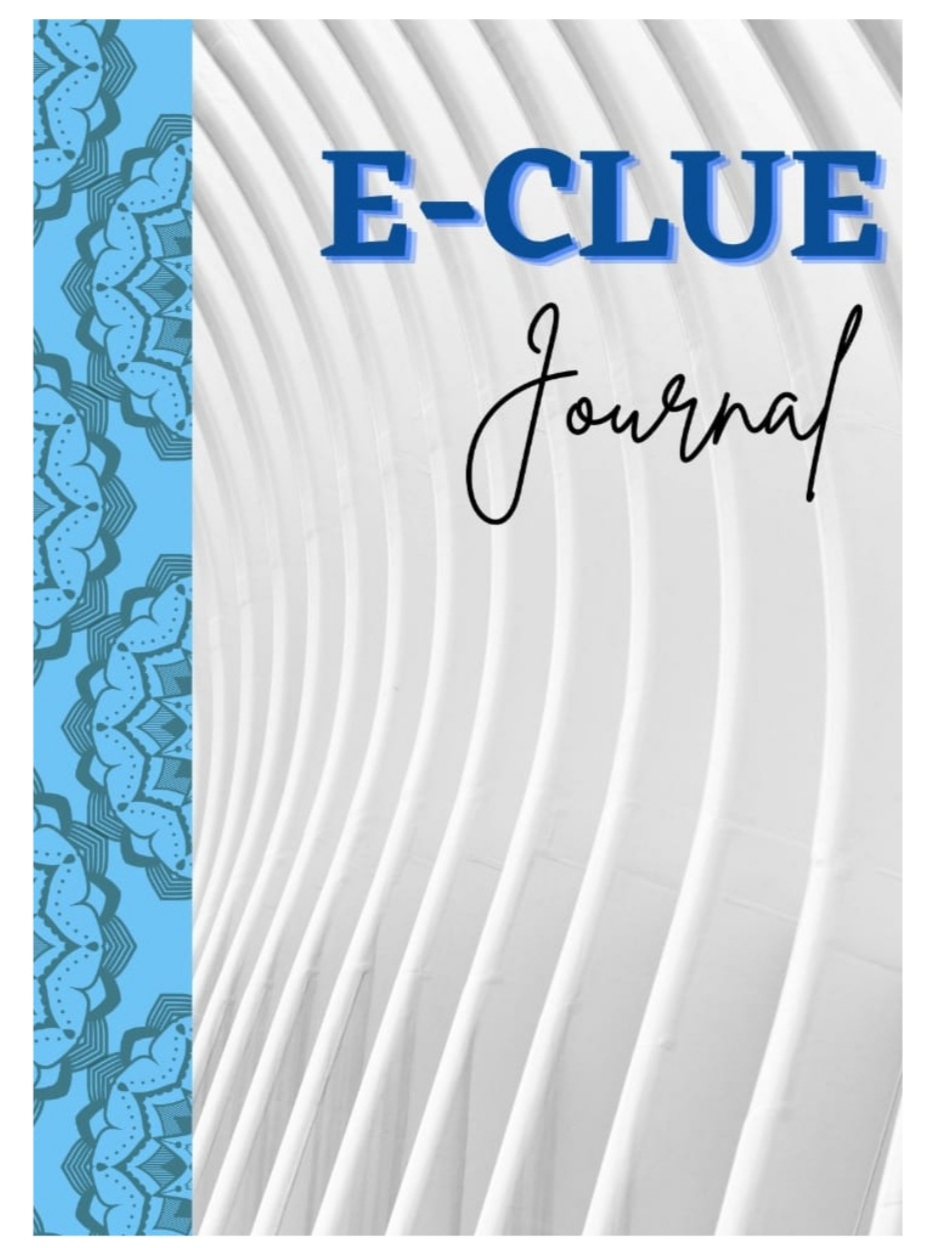ENGLISH TEACHING IN THE LENS OF MIND MAPPING: EXAMINING ITS EFFECTIVENESS IN IMPROVING STUDENTS READING SKILLS
DOI:
https://doi.org/10.53682/eclue.v10i2.5260Keywords:
EFL, Mind Map, Reading Skills, Teaching.Abstract
The aim of this research is to reveal the effectiveness of using mind map technique in teaching English to improve students reading skills at one vocational high school in North Sulawesi Experimental study is applied to the controlled and experimental classes The students in the controlled class were taught using traditional method and in the experimental class by Mind Map Technique The result of this study shows the mean scores of the test in the experimental class were 81 while the mean scores of the test in control class were 53 3 The finding shows there is an influence of using mind map technique on student reading ability The students show responsibility and enjoy the learning process It could be argued that Mind Map technique can be used as one of the alternatives in teaching reading Thus it can be concluded that Mind Map technique is considered effective in teaching reading to students at this school It helps them to learn the reading content as well as teaches them how to understand the content of English texts With mind map technique it was found that the students easily understand the texts They could also retell the text and were able to answer the questions Mind Map technique could improve the students achievement in reading comprehension text Teaching reading by using Mind Map technique is effective rather than traditional method< p>
References
Andoko B S Hayashi Y Hirashima T Asri A N 2020 Improving English reading for EFL readers with reviewing kit build concept map Research and Practice in Technology Enhanced Learning 15 1 1 19 https: doi org 10 1186 S41039 020 00126 8 FIGURES 11
Ayta A Kaygisiz N 2021 A Relational Analysis of Teachers Approaches to Curriculum Design and Classroom Management Styles E International Journal of Educational Research https: doi org 10 19160 E IJER 928384
Liando N V F Rorimpandey R S Kumayas T A Tatipang D P 2022 International Students Motivation and Self Confidence in Learning Indonesian Hong Kong Journal of Social Sciences 60 http: www hkjoss com index php journal article view 613
Liando N V F Tatipang D P Lengkoan F 2022 A Study of Translanguaging Practices in an EFL Classroom in Indonesian Context: A Multilingual Concept Research and Innovation in Language Learning 5 2 167 185 https: doi org 10 33603 RILL V5I2 6986
Liu T Yuizono T 2020 Mind Mapping Training s Effects on Reading Ability: Detection Based on Eye Tracking Sensors Sensors 2020 Vol 20 Page 4422 20 16 4422 https: doi org 10 3390 S20164422
Mahmoud M Mohaidat T 2018 The Impact of Electronic Mind Maps on Students Reading Comprehension English Language Teaching 11 4 32 42 https: doi org 10 5539 elt v11n4p32
Mishra P Singh U Pandey C M Mishra P Pandey G 2019 Application of Student s t test Analysis of Variance and Covariance Annals of Cardiac Anaesthesia 22 4 407 https: doi org 10 4103 ACA ACA_94_19
Mogea T 2019 Educational Supervision: Theories and Practices Gramedia Pustaka
Morfidi E Mikropoulos A Rogdaki A 2017 Using concept mapping to improve poor readers understanding of expository text Education and Information Technologies 2017 23:1 23 1 271 286 https: doi org 10 1007 S10639 017 9600 7
Murray D E Christison M 2019 What English Language Teachers Need to Know Volume I : Understanding Learning What English Language Teachers Need to Know Volume I https: doi org 10 4324 9781351139847
Novianti A Adhitya N Welianty Y Pasundan S Surya Kencana Bakti S 2020 Mind Mapping Technique To Enhance Junior High Student s Reading Comprehension JELA Journal of English Language Teaching Literature and Applied Linguistics 2 2 1 13 https: doi org 10 37742 JELA V2I2 31
Piong D Robiasih R H 2020 The evaluation of two eleventh grade senior high school textbooks Journal of English Language and Pedagogy 3 2 https: doi org 10 36597 JELP V3I2 8008
Schroeder N L Nesbit J C Anguiano C J Adesope O O 2017 Studying and Constructing Concept Maps: a Meta Analysis Educational Psychology Review 2017 30:2 30 2 431 455 https: doi org 10 1007 S10648 017 9403 9
Tatipang D Oroh E Z Liando N V F 2021 The Application of Mind Mapping Technique to Increase Students reading Comprehension at The Seventh Grade Of Smp KOMPETENSI: Jurnal Bahasa Dan Seni 1 03 389 397
Teo A Shaw Y F Chen J Wang D 2016 Using Concept Mapping to Teach Young EFL Learners Reading Skills English Teaching Forum 54 2 20 26 www youtube com watch?v=WlB2IRxAuL0
Xu M Fralick D Zheng J Z Wang B Tu X M Feng C 2017 The Differences and Similarities Between Two Sample T Test and Paired T Test Shanghai Archives of Psychiatry 29 3 184 https: doi org 10 11919 J ISSN 1002 0829 217070






